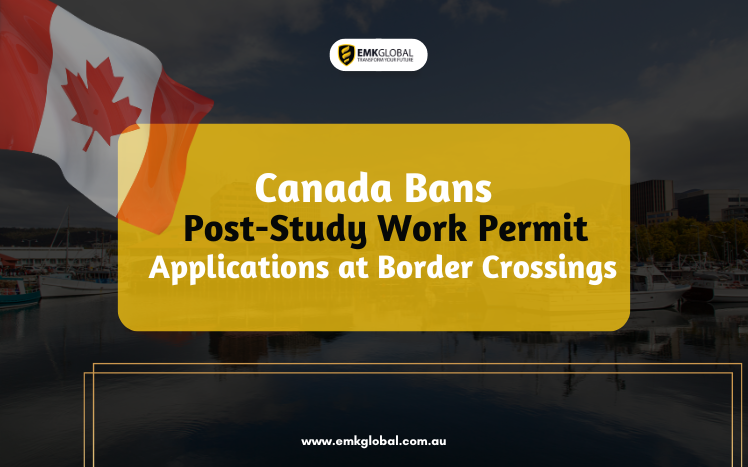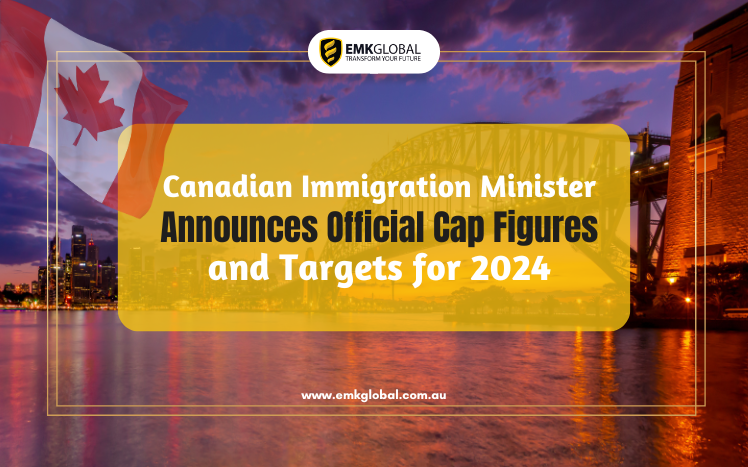New Rule Effective Immediately
Effective immediately, international students in Canada are no longer permitted to apply for a post-graduation work permit (PGWP) at a Canadian border crossing. This announcement was made by Canadian Immigration Minister Marc Miller on 21 June 2024.
Closing a Loophole
The new regulation aims to close a loophole where students have been bypassing processing times for PGWP applications filed within Canada by accessing same-day immigration services at border crossings. This practice, known as “flagpoling,” has been a common method for students to expedite their work permit applications.
Impact on Border Resources
According to a statement from Immigration, Refugees and Citizenship Canada (IRCC), flagpoling consumes significant resources at the border, diverting officers from their primary enforcement duties, causing delays for travelers, and slowing down the movement of goods. From 1 March 2023 to 29 February 2024, PGWP applicants accounted for about one-fifth of the foreign nationals attempting to flagpole.
Minister’s Statement
Minister Miller emphasized that while the contributions of international graduates to Canada’s labor market are valued, flagpoling is unnecessary. He stated, “The time and effort required to process applications from ‘flagpolers’ takes officers on both sides of the border away from their crucial role in protecting the safety, security, and prosperity of Canadians and Americans. This measure will help prevent this practice while maintaining the integrity of our immigration system.”
Study Permit Expiry and Work Permit Application
IRCC highlighted that in most cases, a study permit expires 90 days after the expected completion of an international student’s study program. Eligible students who apply online for a PGWP before their study permit expires can work full-time while waiting for approval on a work permit. They receive an automated letter to show employers, and the work permit is mailed directly to the student upon approval.
Reducing Same-Day Immigration Services
In conjunction with the ban on flagpoling for PGWP applicants, IRCC has reduced the availability of same-day immigration services at 12 ports of entry across Canada. This change aims to allow border services officers to efficiently process the large volume of travelers during peak periods and to focus on other key priorities, such as managing high-risk travelers and facilitating trade.
Enhancing the Online Application Process
To further support international graduates, IRCC is working to speed up processing times for PGWP applications filed within Canada. The online application process for foreign graduates is being simplified, and PGWP holders are allowed to start working for a new employer immediately, without waiting for a new PGWP application to be processed before making a job change.
Conclusion
The new rule banning PGWP applications at Canadian border crossings is designed to streamline immigration processes, reduce resource strain at borders, and maintain the integrity of Canada’s immigration system. International students are encouraged to apply online for their post-graduation work permits to ensure a smoother transition into the Canadian workforce.




